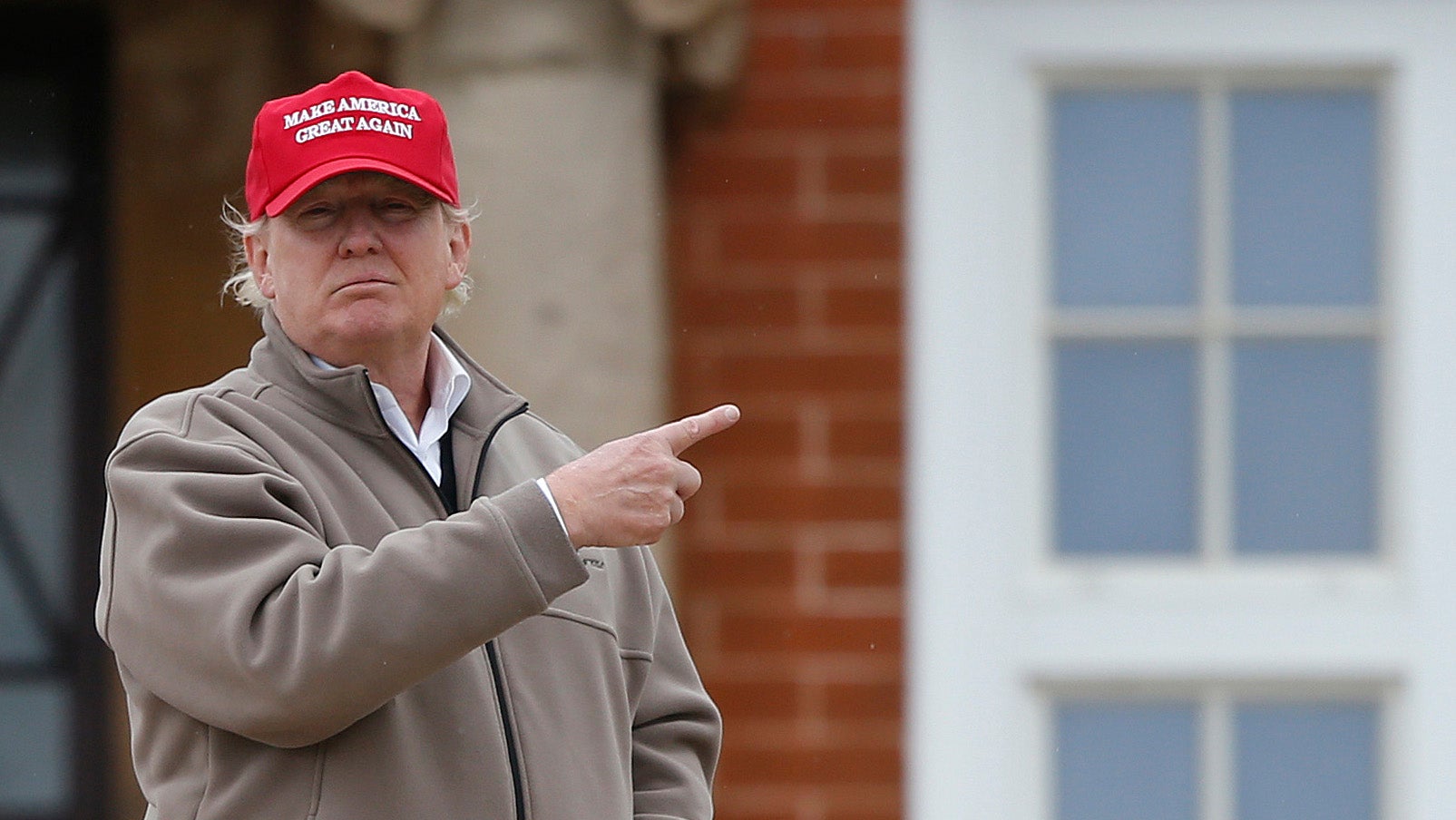A GOP candidate’s guide to debating Donald Trump: don’t debate him
Tonight the top 10 GOP candidates will assemble on a stage in Cleveland and tell Republican voters exactly why they should win the party’s nomination. There’s sure to be a lot of red meat for Republicans and eye rolling from Democrats, but there’s also a wildcard in this year’s debate: Donald Trump.


Tonight the top 10 GOP candidates will assemble on a stage in Cleveland and tell Republican voters exactly why they should win the party’s nomination. There’s sure to be a lot of red meat for Republicans and eye rolling from Democrats, but there’s also a wildcard in this year’s debate: Donald Trump.
Since Trump announced his candidacy in June, his poll numbers have done nothing but increase. What’s Trump done? Call Mexican illegal immigrants criminals. Polls go up. Give out Sen. Lindsay Graham’s cell phone. Polls go up. Suggest John McCain isn’t a war hero because he was a POW. Still leads the polls. So just how does one debate Donald Trump and win?
The first thing we must understand is that a presidential debate is not like an academic debate. In an academic debate or in a courtroom, people who are trained to evaluate evidence and arguments get to make the decisions on who wins/loses. In a presidential debate, the American people get to evaluate the arguments. The American electorate is not trained to assess the arguments and they may not be informed enough on specific issues to follow those arguments based on the relatively short answer time allowed by the formats.
At the end of the debate, the news media will report clips that grab the headlines. What will likely make the news is a smart or a sassy one-liner, like when Ronald Reagan put to rest concerns about his mental capacity in his second debate with Walter Mondale, by answering the question about whether a candidate’s age should matter by saying, “I will not, for political purposes, exploit my opponent’s youth and inexperience.” Everyone laughed, and suddenly Reagan’s incompetence in the first debate no longer mattered.
The second factor that matters is the fact that people tend to vote for the candidates they like the most. This has come to be called the “beer test.” And for some Republicans, Donald Trump brings an elitist bravado back to the Republican Party. Do most people think they’d like to have a beer with Donald Trump? Honestly, probably not. But in a race with 15 other candidates, Donald Trump is a well-known personality—a celebrity—that has defined and refined his career by delivering one-liners.
Debating Donald has both pros and cons. Being on stage means getting more press. Fox News has put Donald Trump front and center on the stage flanked by Jeb Bush and Scott Walker, the two other candidates with double-digit approval ratings. Debates offer candidates the opportunity to gain free publicity for their ideas and intellect.
The negative of appearing with Trump, however, is that one has no idea what he might say or do. It is imperative that candidates not respond to him in a way that makes them look unlikable or incompetent. Trump’s rhetoric will beg for a gut reaction that only serves to help seal a candidate’s fate.
If any one of the candidates were my clients, I would tell them to be more concerned with his own image. It is important to come across well informed and likable. The danger for Trump is that someone could easily get him to lose his cool and do something else that voters might perceive as un-presidential.
The take home that many candidates must remember is that Trump, even though he is leading in the polls, is not seen by virtually any political experts as being a viable candidate. Trump, however, can do significant damage to candidate’s outlook. While it’s highly unlikely he will be the candidate, he will ultimately help Republicans select one.